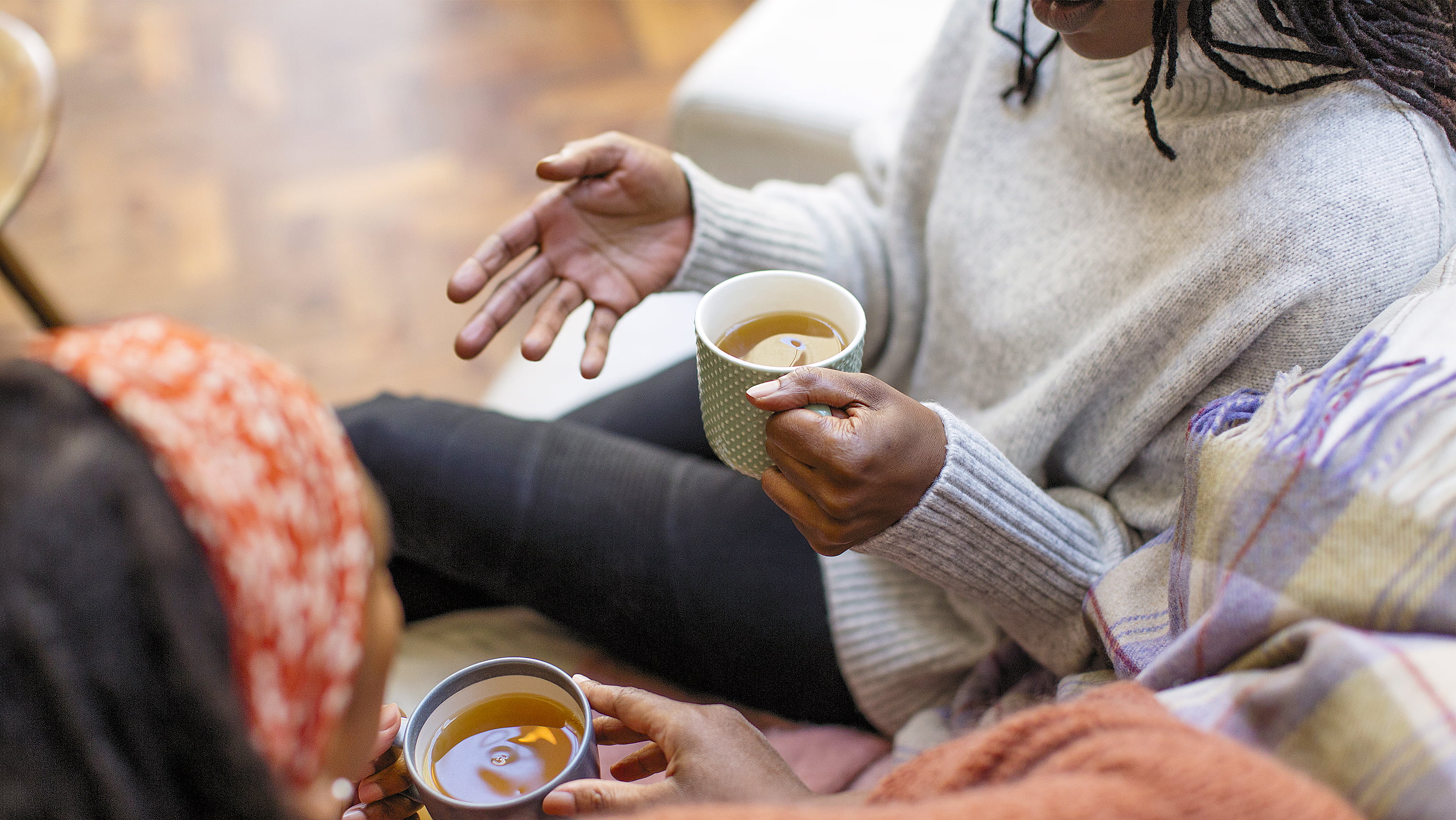After a long day of work, University of Alberta professor Shintaro Kono likes to unwind with a walk, a round of golf … or maybe a multiplayer video game. But he knows that’s not the same for everyone. He knows many struggle to find time for leisure — and some don’t even know how to let themselves enjoy it.
Without quality leisure experiences, we can survive — but do we thrive? That question, and the underlying constraints that keep us from leisure, have been at the heart of Kono’s research since he left Japan to begin graduate studies.
In 2011, Kono was with friends in Japan when the Tohoku earthquake and tsunami struck. The resulting chaos was far-reaching, including the Fukushima nuclear accident — the most severe incident of its kind since the Chernobyl disaster in the 1980s. While Kono was far from the quake and only felt a mild jolt, the disaster has had a lifelong impact on his work.
“I thought about all the people who were suffering and I wondered, ‘What can I do to help people like this?’” he remembers. “I wanted to walk toward the answer to that.” His path began with six weeks of volunteering with survivors. He observed that after just a few months of focusing on the necessities, people were eager to return to the leisure activities that gave life meaning — gathering with friends over tea, tending their gardens and planning community events.
At its simplest, Kono says, leisure can be defined as “quality free time.” Fifteen minutes of being fully present, chatting with a good friend over a cup of tea is quality free time that enhances our well-being. An hour of aimlessly scrolling through our social media while worrying about work is not.
Unfortunately, quality leisure experiences can be elusive due to a variety of constraints. Poverty is one of the biggest barriers — working two jobs leaves no time for fun, and living in a dense urban environment without walking paths and green areas leaves no space to stretch. The hardest constraint to overcome, however, is internal.
“There can be a feeling of lack of entitlement to the ‘luxury’ of leisure, due to social, cultural or ethnic upbringing,” says Kono. Women engaged in unpaid labour in the home sometimes feel they haven’t “earned” the right to relax and enjoy life. Many older adults in retirement resist the leisure programs offered to them. “The idea that you ingrain in yourself over decades to be productive and keep busy can be very hard for retired people to let go of.”
That mentality begins very early, says Kono. “Once we hit elementary school, we basically start 15 years of vocational training, where almost everything is about work.”
The best way to counter that, he says, is to teach people there is a different way. And people seem eager to learn — many of the world’s foremost universities offer happiness courses that see massive enrolment. At the U of A’s Faculty of Kinesiology, Sport, and Recreation, Kono’s course on life, leisure and the pursuit of happiness is always full.
“We expect adults to be successful, well-rounded individuals who have somehow magically figured out work-life balance, but how can they if we never taught them how?” he says. He wants his students not only to learn theories about leisure and well-being, but also to incorporate those theories in their approach to living.
Kono points out that if we love what we do for work, it may not technically be “leisure,” but it can certainly be a great source of ikigai, a Japanese term for the feeling of fulfilment that comes from pursuing our passions. But what if circumstances beyond our control keep us from being able to engage in that kind of work? In a recent study with a colleague in Japan, Kono examined whether people with serious mental illnesses such as bipolar disorder, schizophrenia or clinical depression experience ikigai.
“In Japan, if you cannot work in a respectable way, life is not considered meaningful,” says Kono. Those cultural constraints mean that for people in the study, who could only tolerate menial or repetitive labour, it was nearly impossible to find ikigai at work. What fulfilment they experienced came almost exclusively from leisure pursuits outside of work.
Whether you find fulfilment and happiness only through leisure, only through work, or through some beautifully balanced mix of the two, ikigai is the key to well-being and resilience, says Kono.
“If you actually feel ikigai, you are likely to live longer and be healthier in mind and body. If you learn to be open to it, when something happens — like a disaster, an injury, family loss — leisure might just be the cushion you fall into that saves you.”

